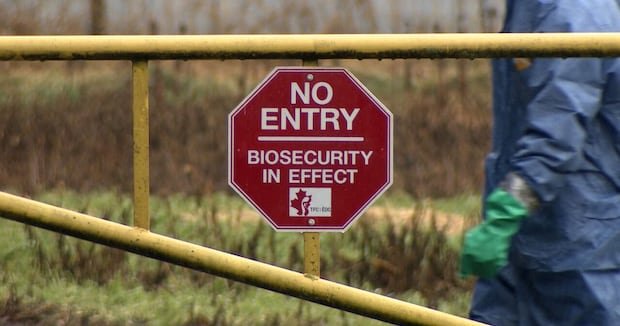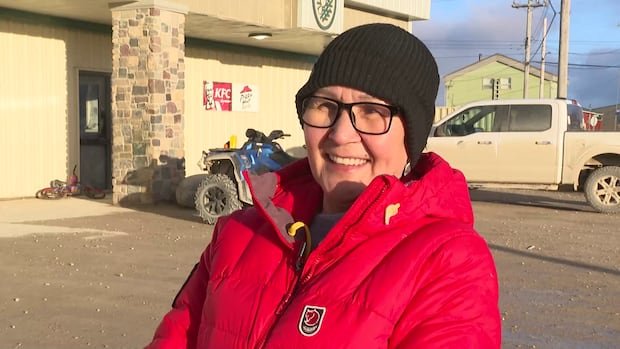Bird flu has broken out this month in at least seven locations in British Columbia’s Fraser Valley, with six cases emerging since Thursday, and local farmers are doing everything they can to protect their flocks.
The Canadian Food Inspection Agency (CFIA) has confirmed that seven commercial poultry farms in Abbotsford and Chilliwack are infected with highly pathogenic avian influenza.
Fraser Valley egg producer Mark Siemens said bird flu has become an increasingly stressful issue in British Columbia.
“It has become an annual battle between farmers trying to keep their birds safe and healthy,” he said.
According to Siemens, all commercial farms in the province are closed for biosecurity: birds are kept in barns, farm gates are closed, all arriving vehicles must be disinfected and each worker must change clothes and wear personal protective equipment.
“There are a lot of disinfectants used everywhere to try to keep that disease away,” Siemens said.
Siemens experienced an outbreak of bird flu last year. An outbreak means that all exposed birds on a farm must be euthanized.
“You spend your whole life taking care of these chickens… It’s a traumatic experience for a farmer,” he said.
Shawn Hall, spokesperson for the British Columbia Poultry Association, said avian influenza is primarily spread by migratory waterfowl, including ducks, geese and swans, which spend their summers in the Arctic and then fly to their wintering grounds.
BC is right on the migratory route.
“We know that the biosecurity measures we take are reducing the risk to farms,” Hall said. “We’re still seeing infections. There’s a lot of science going on right now, some research projects with the province to investigate further.”
He pointed to a research project that studies air filtration in barns.
“We are taking all the measures we know of at this time and we are investigating other measures and whether they could also make a difference.”
Hall also emphasized that bird flu is not a food safety issue.
“Store-bought poultry, chicken, turkey and eggs are now as safe as ever. Canada has some of the strictest food safety standards in the world, and rightly so.”
British Columbia’s Fraser Valley is experiencing a surge in bird flu cases. New infections hit several commercial poultry farms last week, as the risk level increases due to the wild bird migration season. As Kier Junos reports, farmers are now taking extra precautions.
Hall said an outbreak of highly pathogenic avian flu on a farm is effectively 100 percent fatal to exposed birds.
“It spreads quickly and is virtually 100 percent fatal in chickens and turkeys,” Hall said.
“No farmer wants to have an infection on their farm. It’s devastating. Here in British Columbia, for the most part, it’s smaller family farms. There are several hundred poultry farms in British Columbia, and for us, it’s all about growing local food for British Columbians.”
Both Hall and Siemens said the risk of bird flu has increased since 2022.
The CFIA estimates that 8.8 million birds in British Columbia have died or been culled due to the highly pathogenic avian flu subtype. The number is more than half of all affected birds in Canada.










